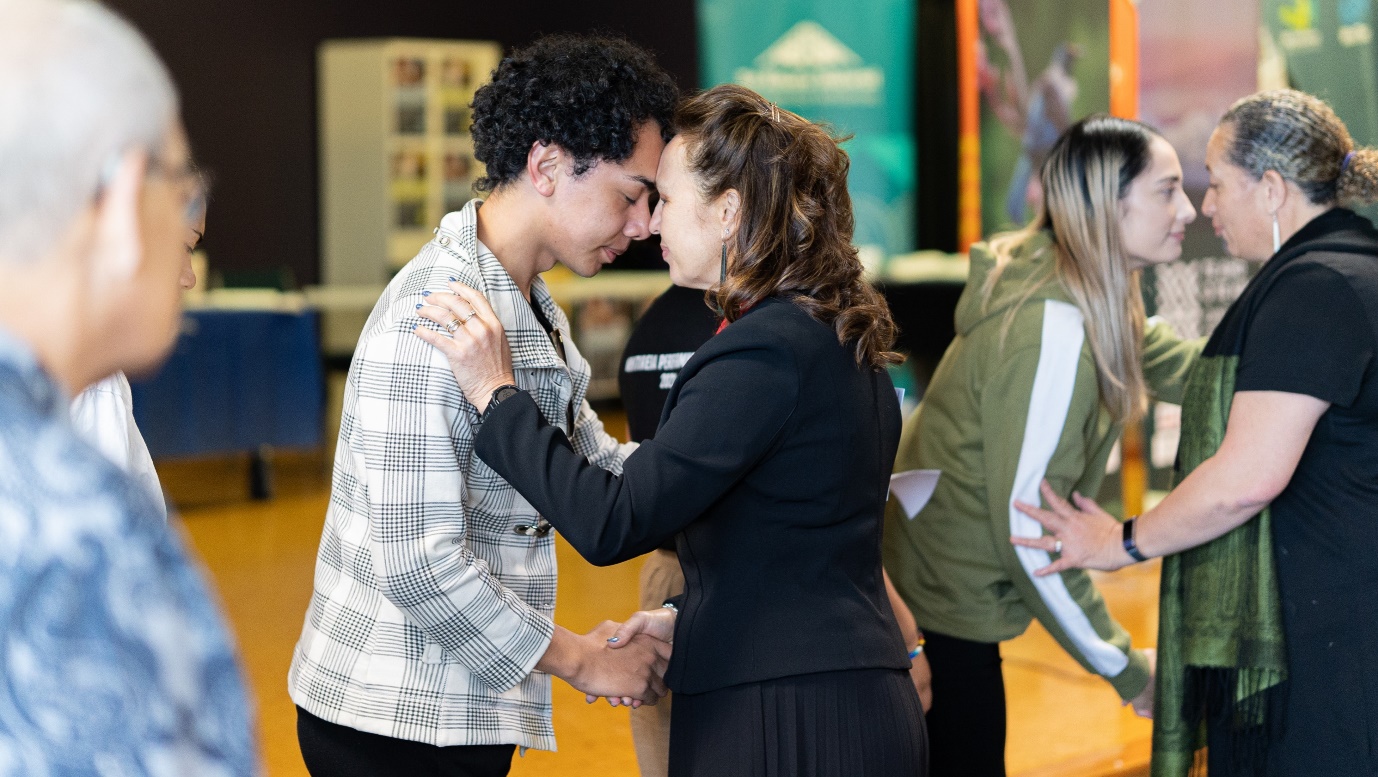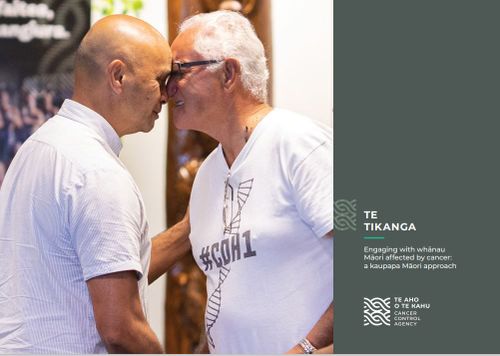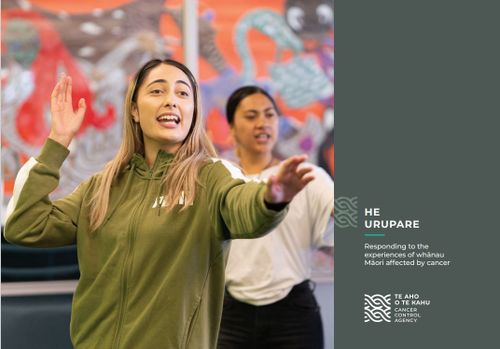
The Voices of Whānau Māori Affected by Cancer
Rongohia Te Reo, Whatua He OrangaMāori living in Aotearoa are disproportionately and inequitably affected by cancer. Māori are approximately 20 percent more likely to develop cancer than non-Māori, and are twice as likely as non-Māori to die from cancer. There are inequities at every step of the cancer continuum.
To better understand the lived experiences of whānau Māori, Te Aho o Te Kahu partnered with mana whenua and local health organisations in 2021 to hold 13 community hui across the motu.
Collectively, the Agency spoke with more than 2,500 whānau Māori. This included patients and whānau, as well as Māori working in cancer care and the wider health and social sectors.
Since the hui series ended, we have analysed the themes and insights identified by whānau; and created three reports available here in English and te reo Māori (PDF), and also in Word documents.
We will be embedding the insights from whānau Māori into our work at Te Aho o Te Kahu and sharing them widely with the agencies who are designing our new health system.
Our thanks to whānau and everyone across the cancer care continuum who supported these hui, and to the dozens of local and national organisations that supported this kaupapa.
He aha te mea nui o te ao? He tāngata, he tāngata, he tāngata.
What is the most important thing in this world? It is people, it is people, it is people.
Report one: Rongohia Te Reo, Whatua He Oranga: The voices of whānau Māori affected by cancer
 Report two: Te Tikanga: A kaupapa Māori approach to engaging with whānau Māori affected by cancer
Report two: Te Tikanga: A kaupapa Māori approach to engaging with whānau Māori affected by cancer
 Report three: He Urupare: Responding to the experiences of whānau Māori affected by cancer
Report three: He Urupare: Responding to the experiences of whānau Māori affected by cancer
Word version (120KB) - He Urupare: Responding to the experiences of whānau Māori affected by cancer
© Te Aho o Te Kahu. About this site. All rights reserved. No part of this site may be reproduced without our written permission. We value your privacy.
